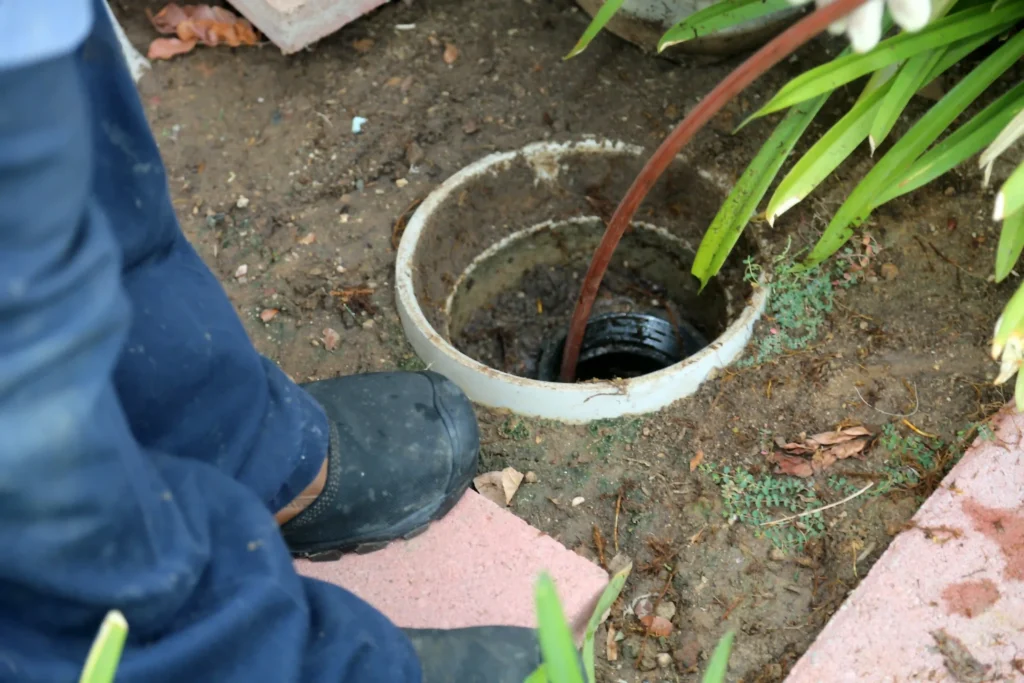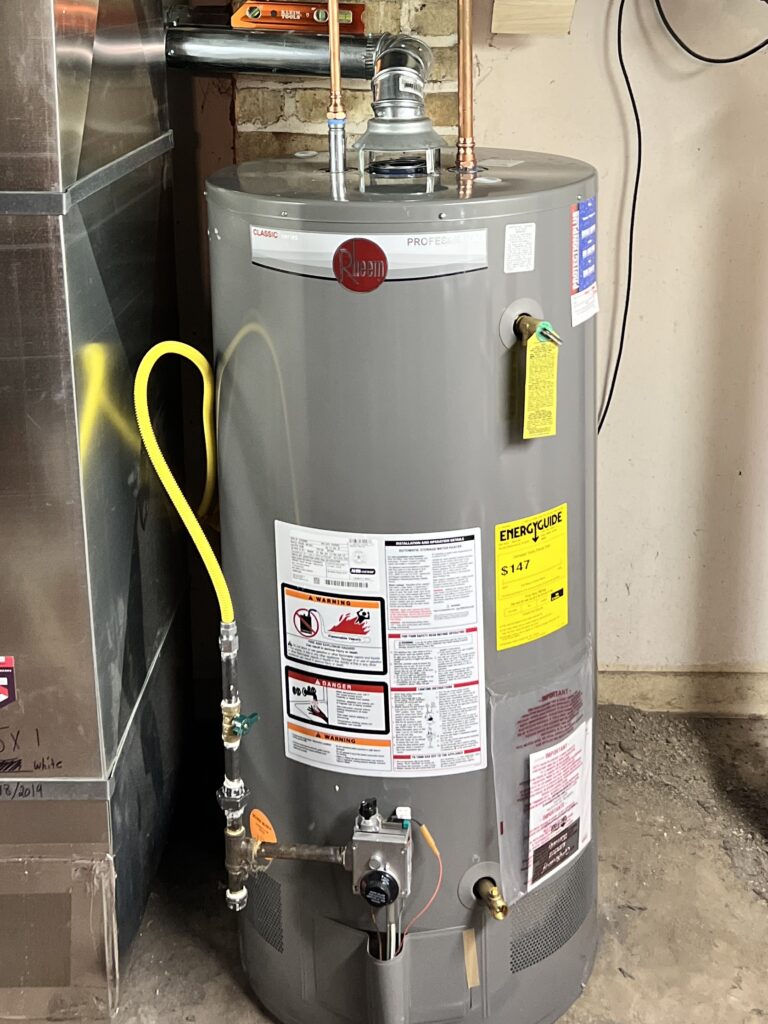

Blog
Why Is Your HVAC Leaking Water in Your Des Moines Home?
During Iowa summers, it’s not uncommon for temperatures to break into the 90s with heat index levels occasionally breaking 100. To keep your home at a comfortable temperature, your air conditioner could be working overtime.
During these times, you may notice your HVAC unit leaking water and ask yourself “is that normal?”
It is normal for your HVAC system to form water, but only to a certain extent. If your air conditioner has been leaking all day or you notice a puddle beneath your system that’s getting bigger and bigger, it could be a sign of a problem.
Let’s explore why your HVAC system produces water and the potential causes for an unwanted leak.
Why Air Conditioners Produce Water
Your HVAC system has an evaporator coil that cools the warm air being blown over it and into your home. This causes condensation to form on the coil, very similarly to the way it forms on a cold glass of water on a hot day.
This water drips onto a pan and drains into a condensate drain line, which leads outside. So water shouldn’t pool beneath your unit unless there’s a problem with your system.
Here are some of the reasons your air conditioner could be leaking water.
5 Reasons Your HVAC System Is Leaking Water
1. Your air filter is dirty.
This is an easy one for you to check and fix yourself. If your air filter is dirty, it will partially or completely block the flow of warm air. This causes the evaporator coil to freeze up, and when the system stops running, water will melt, drip down and pool under the system.
2. Refrigerant levels are low.
If your AC refrigerant level is low, your system’s air pressure will drop. Much like when your air filter is dirty, this will cause the evaporator coil to freeze over and leak water.
3. The condensate pan is damaged.
This is particularly prevalent in units that are more than 10 years old. The condensate pan catches the water dripping off the evaporator coil, but if the pan is corroded or rusted, the water may leak through the holes and onto the floor beneath the unit.
4. Your condensate drain line is clogged or your condensate pump is broken.
Normally after the water drips into the condensate pan, it funnels through the drain line and outside. If this line is clogged, the water will have nowhere to go but the floor. If your unit is in the basement of your home, a condensate pump will normally take the water upstairs and outside. If the pump is damaged, the water will leak beneath the unit.
5. Temperatures outdoors are cool.
If you’re trying to cool your home when it's not hot outside (60 °F or lower), this could also cause the evaporator coils to freeze up and leak water onto the floor.








